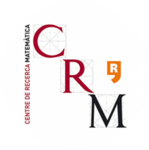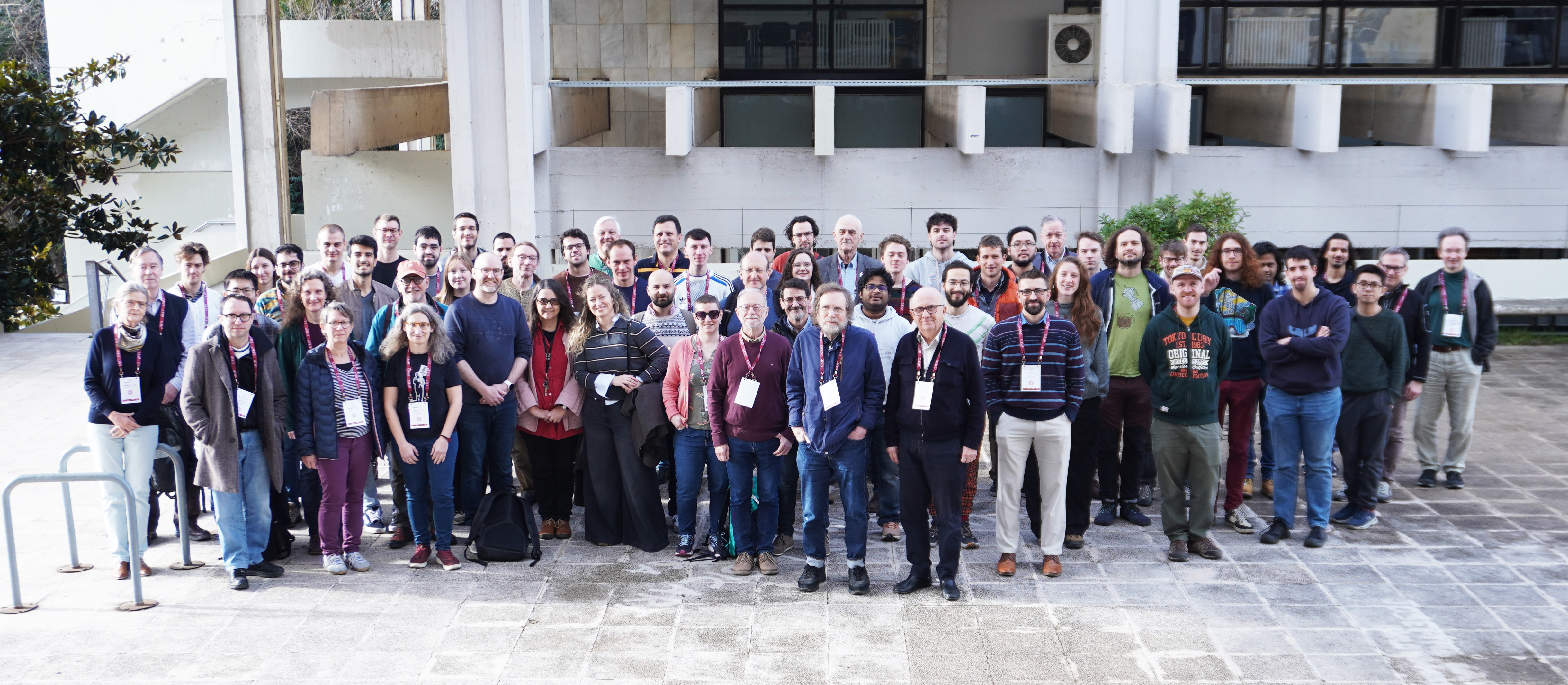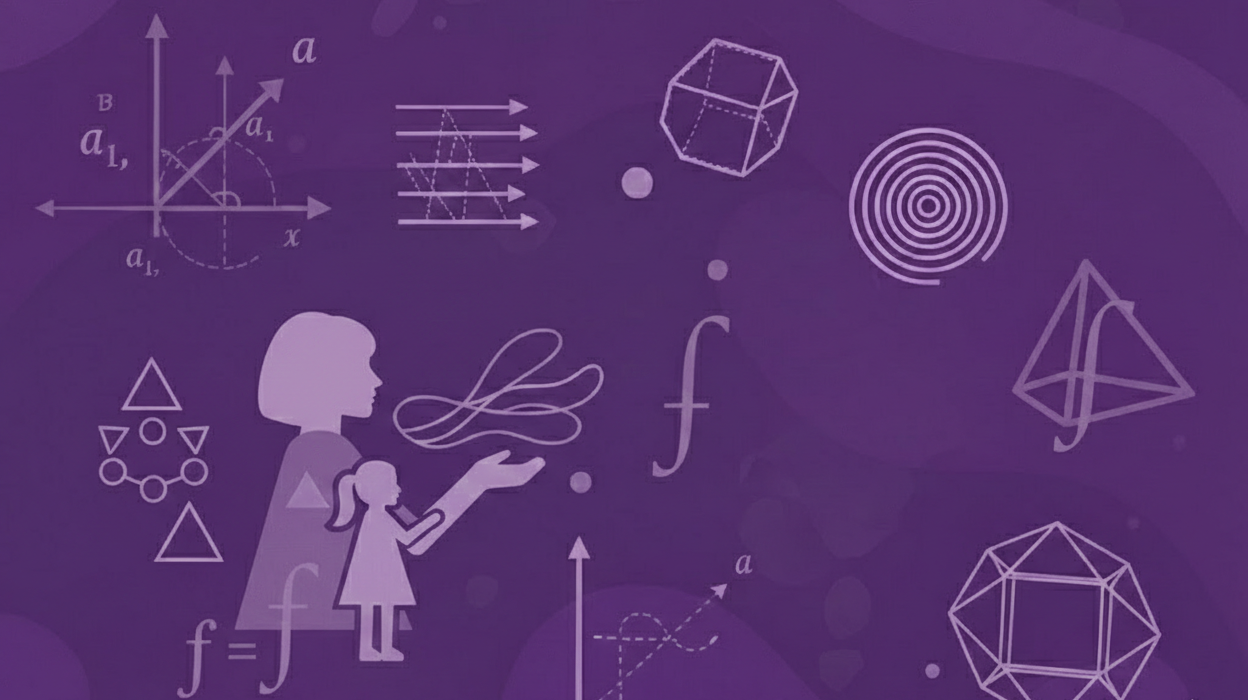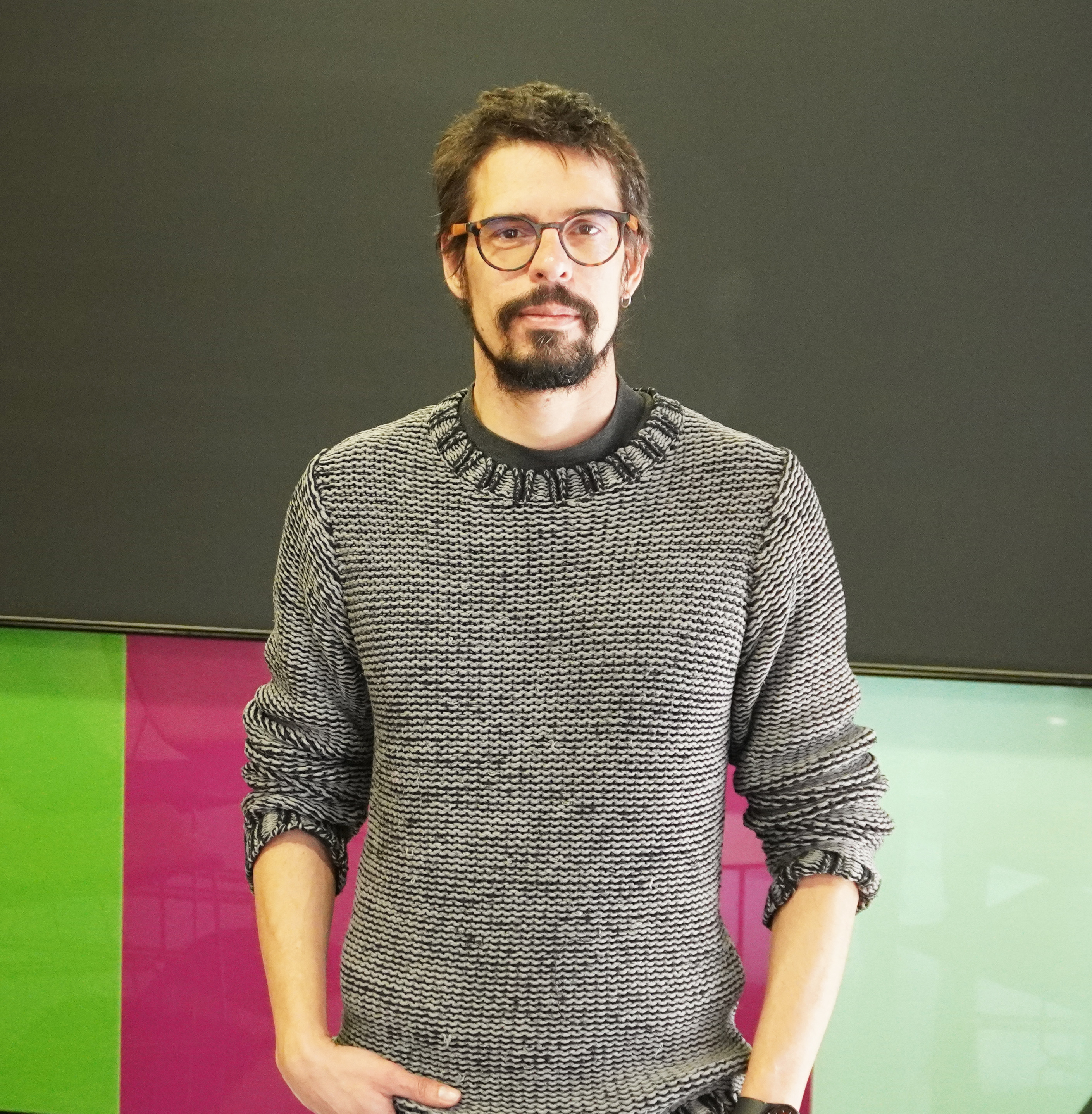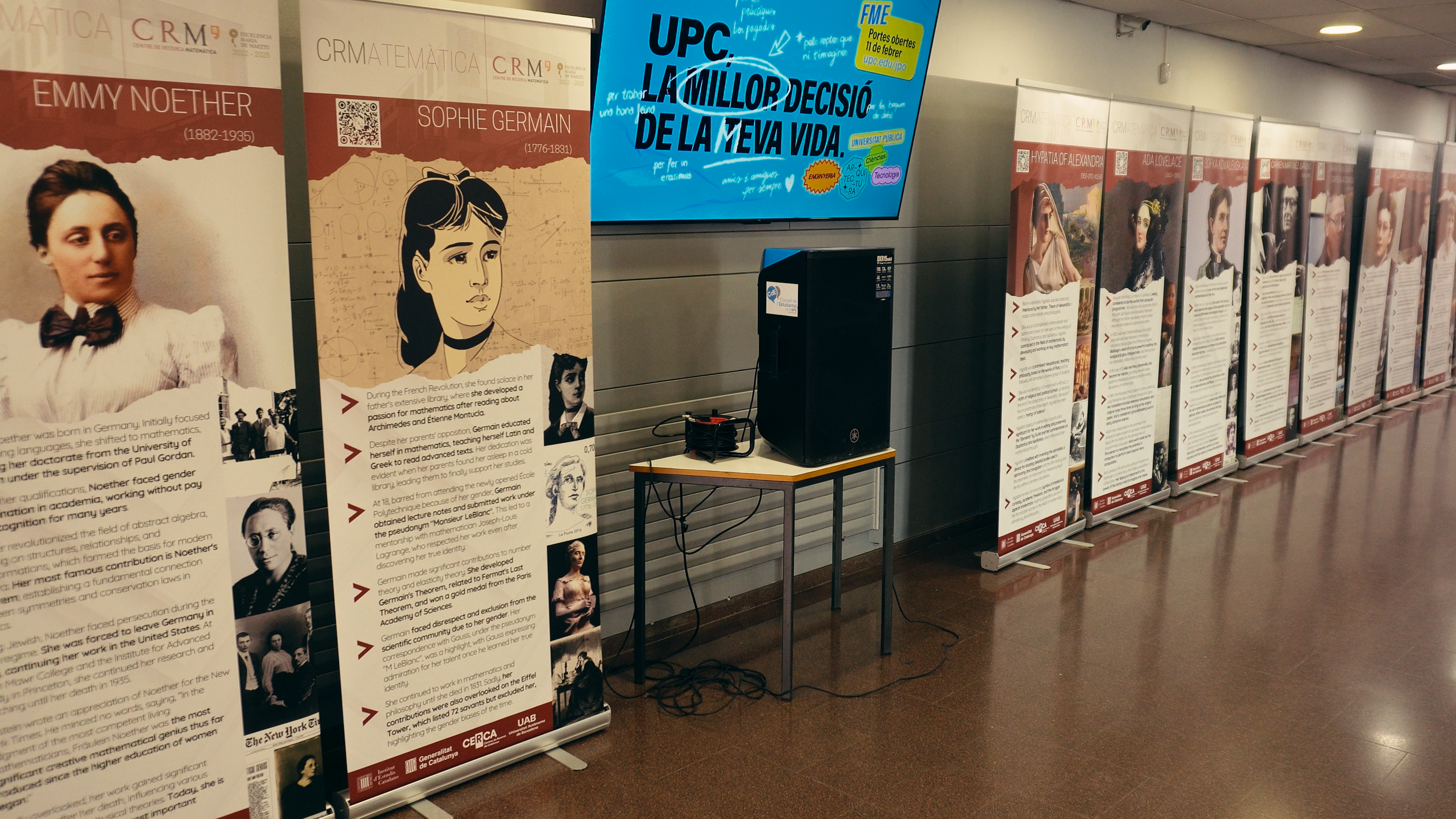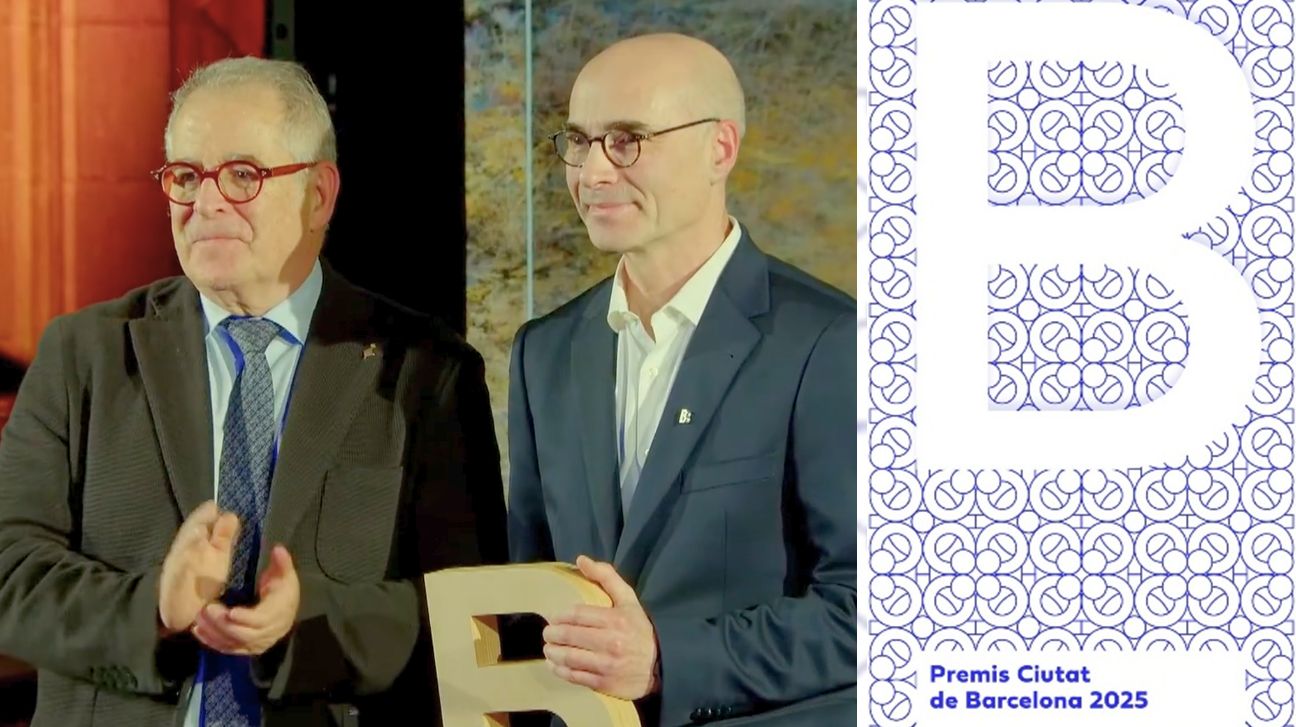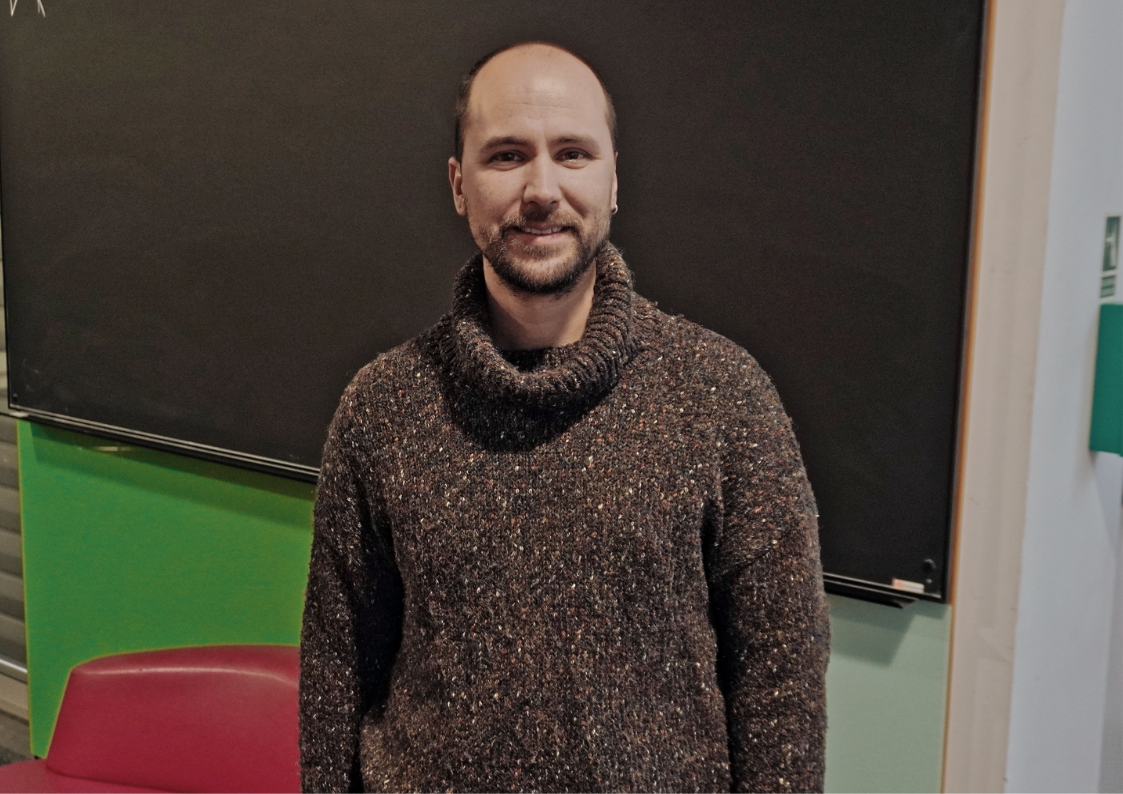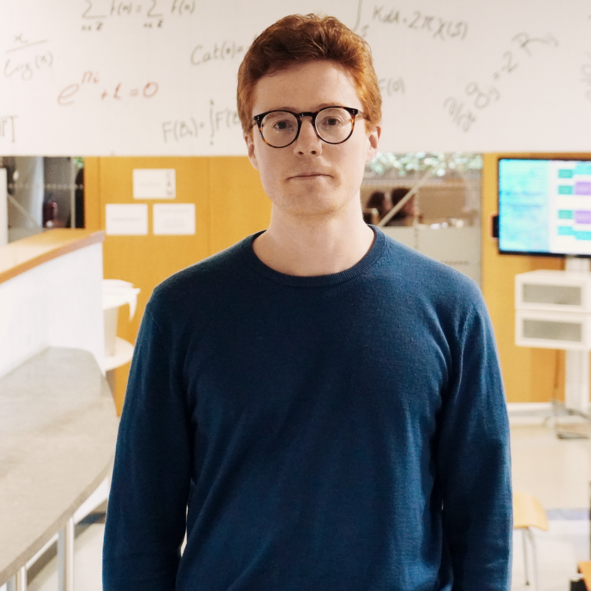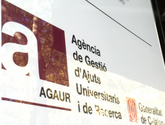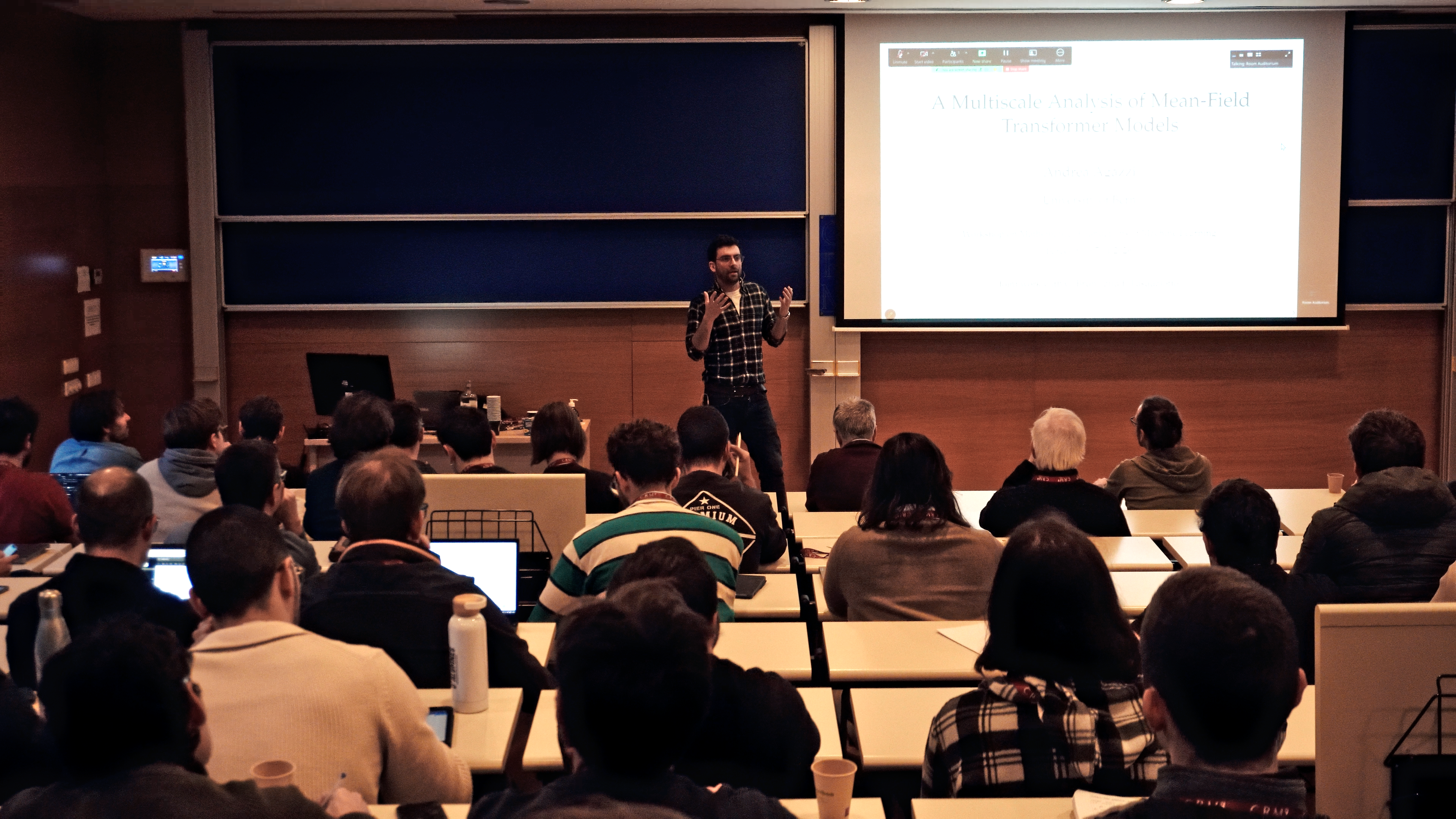
The list of 308 recipients for the Consolidator Grant 2023, part of the Horizon Europe programme, has been released by the European Research Council (ERC). Mathematician Xavier Ros Oton has been awarded a consolidator grant to carry out a project under the title Stable Solutions and Nonstandard Diffusions: PDE Questions Arising in Mathematical Physics. This recognition reflects his significant contributions to the field of mathematics, particularly in the study of partial differential equations (PDEs)1 and their applications in mathematical physics. The grant, which includes 1.61 million Euros in funding, will allow Ros Oton to work on this project for a period of 5 years.
As a component of the European Union’s Horizon Europe program, the ERC Consolidator Grants support accomplished scientists who are 7-12 years into their post-PhD careers. These grants, which allocate a total of 627 million euros in funding, are aimed at helping researchers consolidate their teams and develop pioneering ideas. Known for their competitive nature, the ERC Consolidator Grants are a benchmark of research excellence in Europe.
When asked about the impact that receiving a grant like the ERC Consolidator has, Ros Oton says that “being a longer-term project than most, with better funding than most, one thing that allows us is to hire doctoral students and postdoctoral researchers five years ahead, which gives you a level of stability that cannot be achieved with shorter projects or with more rigid frameworks. It is also an impulse to study more ambitious problems, which is somewhat the goal of the ERCs; to offer a vote of confidence to researchers.”
Exploring the Mysteries of Diffusion in Mathematical Physics
The awarded project focuses on the theoretical aspects of PDEs. It aims to explore and provide answers to long-standing mathematical problems related to the concept of diffusion, a pivotal element in the physical sciences. Asked about the objectives of the project, Ros Oton explains that the objective is “to tackle several open questions that are related to diffusion2, a concept that appears in physics and also in many other fields. The project is structured around two distinct parts. The first has objectives focused on understanding stable solutions. Informally, these can be described as the stable states observable in nature. If PDEs model phenomena in nature, stable solutions are what we can observe.”
“The other part of the project,” he adds, “also related to diffusion, is to study PDEs involving anomalous diffusion terms, such as the Boltzmann equation3 which is a central model of statistical mechanics and is more probabilistic. This has a diffusion term, but one that differs greatly from the typical heat equation. Another place where anomalous diffusions appear is what is called non-local diffusions, which appear when studying Lévy’s processes4. They are two separate parts but both related to diffusion.”
The Last of a Long List of Recognitions for Xavier Ros Oton
Born in Barcelona in 1988, in his young career Xavier Ros Oton has already become a renowned expert in partial differential equations. He holds the positions of ICREA Research Professor and Full Professor at the University of Barcelona and is also an affiliated researcher at the Centre de Recerca Matemàtica (CRM). His career includes previous stints as an assistant professor at Universität Zürich and as an R. H. Bing Instructor at the University of Texas at Austin. Recognized for his impactful research, Ros Oton is a recipient of the Gold Medal Guido Stampacchia, awarded for his contributions to variational analysis and its applications. He has also been recognised with the Premio Nacional de Investigaciones para Jóvenes en Matemáticas y Tecnologías de la Información y las Comunicaciones, the Ferran Sunyer i Balaguer Prize, and in 2022 became the youngest member of the Spanish Royal Academy of Sciences.
When talking about the challenges he has faced so far during his career, Ros Oton explained that “sometimes in mathematics, you encounter problems that you would like to understand. For example in Zurich,” he recounts, “we were working on the singularities of the Stefan problem. This was a problem that we had in mind, together with Alessio Figalli (ETH Zurich) and Joaquim Serra (ETH Zurich), and in which we worked for four years. In the end, research is a very long process where there are moments where you’re stuck, combined with moments where things work out. The motivation is to come to understand something that was very complicated and that had not been known for decades. Knowing that this is feasible gives you a lot of motivation, despite the difficulties when the problem is very difficult.”
Xavier Ros Oton has made a lot of significant contributions to the study of Partial Differential Equations. When asked what attracted him initially to study this field, Ros Oton says he arrived in this field when choosing his thesis supervisor. “I studied mathematics at the Universitat Politècnica de Catalunya,” he explains, “and I didn’t know exactly what to do for my doctorate or what area to study. Talking to my professors for counsel, I came to the realisation that I wanted to do something related to analysis, and they told me that Xavier Cabré (UPC-ICREA-CRM), my thesis supervisor, was very good and advised me to work with him. I partly chose the area, but largely I also chose the person I wanted to work with.”
I think that the appreciation
of mathematics used to not
square much with reality,
but now it does.
When looking at the broader state of mathematics and its perception outside of academia, Xavier Ros Oton believes that “mathematics plays an increasingly important role in our daily lives. Mathematics has always been very present in physics, for example, but in other sciences mathematics and statistics have been entering from the twentieth century, even in the social sciences. And this change has also ended up reaching the industry, by having more data to work with and needing the tools to do it. The appreciation of mathematics has improved” he adds, “and this is also seen in the cut-off marks to study the degree. Society at large has seen that mathematics is very useful. I remember when I was in high school and I said I wanted to study mathematics, a teacher told me that it didn’t have many career opportunities. But the reality is that in my class there are a lot of people doing research or doing math in companies. I think that the appreciation of mathematics used to not square much with reality, but now it does.
Thinking about how mathematics could improve as a research field, Ros Oton offers that “globally, mathematics is even in a better condition than other fields. Everything is more open and accessible, for example, everything we do is put in Archive (a non-profit digital library). In other more local aspects, we still have to adopt more international standards, such as in recruitment or research evaluation. We still tend to value quantity more than quality, as can be the case in the number of publications.”
The Collaborative Spirit of Mathematics
For Xavier Ros Oton, one of the most important aspects of mathematics is the collaborative nature of the field, saying that he has always found that “the mathematical community is completely open to sharing ideas and discussing research with everyone. The image of the isolated genius is very outdated and not real today. Collaborating with other mathematicians has been a crucial part of my research, even with people from other areas such as probability or geometry. I find this very interesting because they see mathematics from a different angle. My articles have always been collaborative, with both more senior and junior people”.
One of the mathematicians with whom Ros Oton has collaborated during his career is Luis Caffarelli (University of Texas), who this year was awarded the Abel Prize. When recounting his experience working with Caffarelli, Ros Oton says that he is “surely one of the most humble and nicest people in mathematics, he is actually known for this. All researchers at his level I’ve come across are a bit like that. I think because math is difficult for everyone, everyone at their own level, it ends up making you humble in a way. Alessio Figalli, Xavier Cabré and Luis Caffarelli have probably been the people who have influenced me the most. Each of them has different personalities and ways of working, but I am very happy to have been able to work with all three.”
Finally, when asked to offer some advice for younger students who may be considering mathematics as a career, he says that “first of all, the person who has to direct you, be it your thesis supervisor or another, plays a key role. It is important that he or she is an active person connected with current mathematics. And obviously, you have to get along with him or her, because you are going to spend a lot of time working with that person. As I said before, I chose PDEs by choosing the person with whom I did my PhD. Then, it is also good to have a global vision of your area, not only your specific speciality. Finally, I would encourage young people to go to conferences and do research stays where they can talk to mathematicians from all over the world. It is a good time to be in touch with what is being done around the world and I think this is especially important for young people who are starting their careers in mathematics.”
The ERC Consolidator Grant awarded to Xavier Ros Oton underscores his outstanding achievements. It also highlights the critical role of theoretical research in deepening our understanding of the intricate workings of the physical world.
From the Centre de Recerca Matemàtica we want to congratulate him in this achievement.
1. Partial differential equation (PDE)
A is a mathematical equation that involves multiple variables and their partial derivatives. It describes how a function of several variables changes with respect to each variable, considering the rates of change at specific points. PDEs are fundamental in modeling various physical phenomena, such as heat diffusion, fluid flow, and quantum mechanics, providing a powerful tool for understanding complex systems in mathematics and physics.
2. Diffusion
The term “diffusion” denotes the process by which molecules or other particles intermingle as a result of their random thermal motion. Non-local diffusion, also known as non-local transport or non-local diffusion processes, refers to a type of diffusion where the rate of particle movement at a given point is influenced by the concentrations or conditions at other points in the system, not just the immediate vicinity. In traditional or local diffusion, the movement of particles is determined solely by the concentration gradient at the particle’s location.
3. Boltzmann equation
The Boltzmann equation or Boltzmann transport equation (BTE) describes the statistical behaviour of a thermodynamic system a physical system in which a partitioned region of space containing matter and energy may exchange matter and energy with the system’s surrounding environment – that is not in a state of equilibrium; meaning that it provides a statistical description of how things behave in a thermodynamic system when it’s not in a state of balance.
The classic example of such a system is a fluid with temperature gradients -differences of temperature- in space causing heat to flow from hotter regions to colder ones, by the random but biased transport of the particles making up that fluid, meaning that the particles that make up the fluid move randomly but with a preference for certain directions.
In the modern literature, the term Boltzmann equation is often used in a more general sense, referring to any kinetic equation – a differential equation that links the concentrations of the substances and time – that describes the change of a macroscopic quantity in a thermodynamic system, such as energy, charge or particle number.
4. Lévy process
In probability theory, a Lévy process, named after the French mathematician Paul Lévy, is a stochastic process with independent, stationary increments: it represents the motion of a point whose successive displacements are random, in which displacements in pairwise disjoint time intervals are independent, and displacements in different time intervals of the same length have identical probability distributions. A Lévy process may thus be viewed as the continuous-time analog of a random walk.
Subscribe for more CRM News
|
|
CRM CommPau Varela & Mariona Fucho
|
When Symmetry Breaks the Rules: From Askey–Wilson Polynomials to Functions
Researchers Tom Koornwinder (U. Amsterdam) and Marta Mazzocco (ICREA-UPC-CRM) published a paper in Indagationes Mathematicae exploring DAHA symmetries. Their work shows that these symmetries shift Askey–Wilson polynomials into a continuous functional setting,and...
Homotopy Theory Conference Brings Together Diverse Research Perspectives
The Centre de Recerca Matemàtica hosted 75 mathematicians from over 20 countries for the Homotopy Structures in Barcelona conference, held February 9-13, 2026. Fourteen invited speakers presented research spanning rational equivariant cohomology theories, isovariant...
Three ICM speakers headline the first CRM Faculty Colloquium
On 19 February 2026, the Centre de Recerca Matemàtica inaugurated its first CRM Faculty Colloquium, a new quarterly event designed to bring together the mathematical community around the research carried out by scientists affiliated with the Centre. The CRM auditorium...
Trivial matemàtiques 11F-2026
Rescuing Data from the Pandemic: A Method to Correct Healthcare Shocks
When COVID-19 lockdowns disrupted healthcare in 2020, insurance companies discarded their data; claims had dropped 15%, and patterns made no sense. A new paper in Insurance: Mathematics and Economics shows how to rescue that information by...
L’exposició “Figures Visibles” s’inaugura a la FME-UPC
L'exposició "Figures Visibles", produïda pel CRM, s'ha inaugurat avui al vestíbul de la Facultat de Matemàtiques i Estadística (FME) de la UPC coincidint amb el Dia Internacional de la Nena i la Dona en la Ciència. La mostra recull la trajectòria...
Xavier Tolsa rep el Premi Ciutat de Barcelona per un resultat clau en matemàtica fonamental
L’investigador Xavier Tolsa (ICREA–UAB–CRM) ha estat guardonat amb el Premi Ciutat de Barcelona 2025 en la categoria de Ciències Fonamentals i Matemàtiques, un reconeixement que atorga l’Ajuntament de Barcelona i que enguany arriba a la seva 76a edició. L’acte de...
Axel Masó Returns to CRM as a Postdoctoral Researcher
Axel Masó returns to CRM as a postdoctoral researcher after a two-year stint at the Knowledge Transfer Unit. He joins the Mathematical Biology research group and KTU to work on the Neuromunt project, an interdisciplinary initiative that studies...
The 4th Barcelona Weekend on Operator Algebras: Open Problems, New Results, and Community
The 4th Barcelona Weekend on Operator Algebras, held at the CRM on January 30–31, 2026, brought together experts to discuss recent advances and open problems in the field.The event strengthened the exchange of ideas within the community and reinforced the CRM’s role...
From Phase Separation to Chromosome Architecture: Ander Movilla Joins CRM as Beatriu de Pinós Fellow
Ander Movilla has joined CRM as a Beatriu de Pinós postdoctoral fellow. Working with Tomás Alarcón, Movilla will develop mathematical models that capture not just the static architecture of DNA but its dynamic behaviour; how chromosome contacts shift as chemical marks...
Criteris de priorització de les sol·licituds dels ajuts Joan Oró per a la contractació de personal investigador predoctoral en formació (FI) 2026
A continuació podeu consultar la publicació dels criteris de priorització de les sol·licituds dels ajuts Joan Oró per a la contractació de personal investigador predoctoral en formació (FI 2026), dirigits a les universitats públiques i privades del...
Mathematics and Machine Learning: Barcelona Workshop Brings Disciplines Together
Over 100 researchers gathered at the Centre de Recerca Matemàtica to explore the mathematical foundations needed to understand modern artificial intelligence. The three-day workshop brought together mathematicians working on PDEs, probability, dynamical systems, and...

